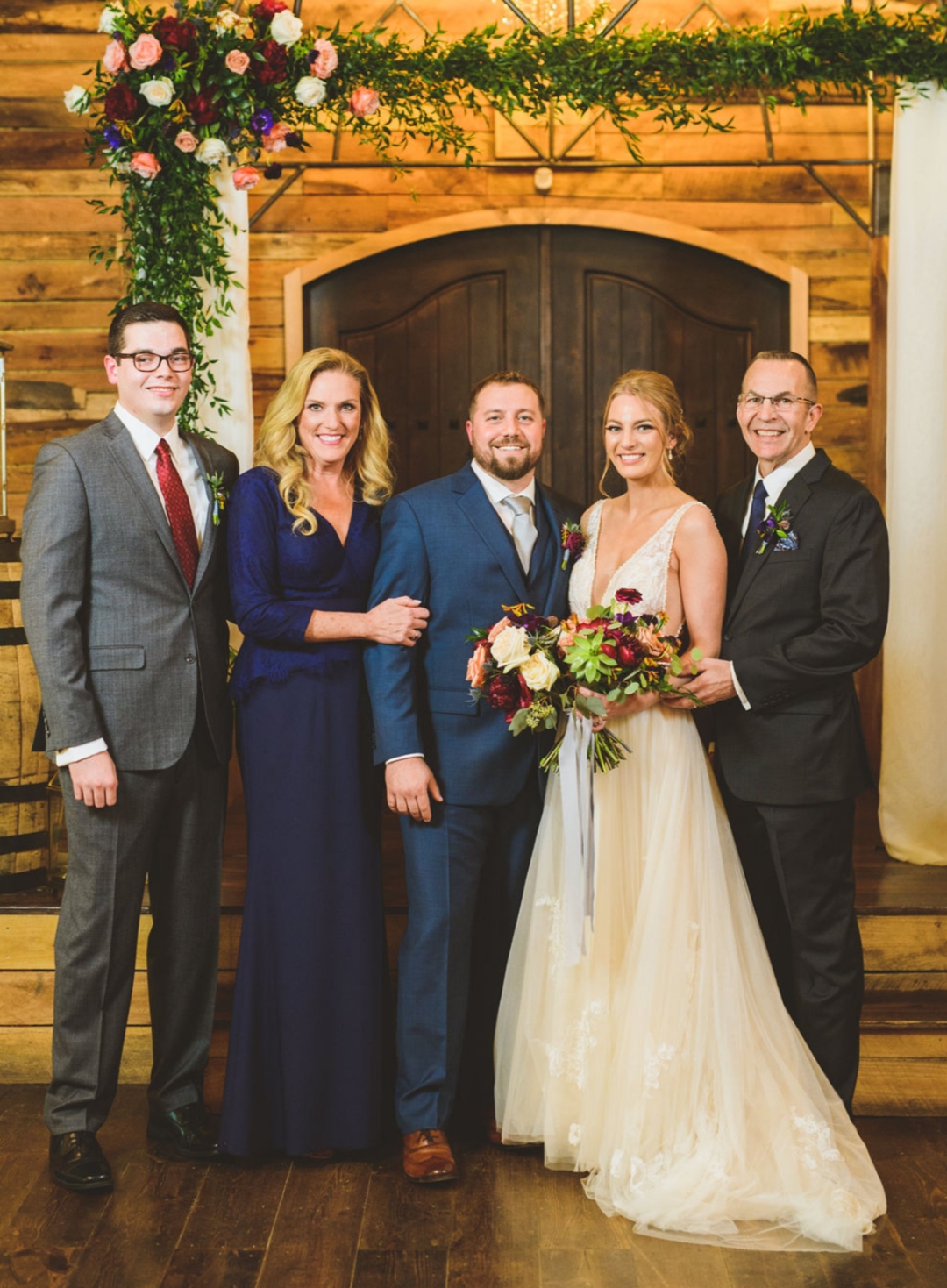She said “I love you” back to me.
Granted, it could have been the peanut butter cookie and the diet cola I brought to her but, after more than a year, it was so nice to hear.
Mom recently moved to memory care and it’s been a hard transition. Not for her, she’s settling in beautifully. She’s been making crafts, potting plants, and getting some quality snacking done all of which makes her happy - I’m the one who has struggled with this decision for months.
Most of my concern came from the first time she was in memory care; it wasn’t the right place for her at the time, but I had no way of knowing that since she had been living in Illinois and I had only seen her a couple of times since her diagnosis. And, when I had visited her there, she was so much worse than she was once she got settled in here. If her symptoms had remained the same, then memory care would definitely have been the best fit from the beginning. However, once she moved into assisted living and was getting adequate food, care, and socialization she improved exponentially; she knew me, we could talk about the past and what had happened that day, and she could call me if she needed anything. Those abilities gradually diminished but for at least the first five years things were as good as they could be.
During the course of the pandemic visits have been extremely limited and I’m grateful for that, keeping her safe was our main focus. I know the isolation didn’t do her any favors other than the most important thing which was to keep her from getting sick. The worst of it was that she lost her best friend, Phyllis, nine months ago. Wherever one was, the other was not far behind and I was so pleased mom had a friend she could be with. Sadly, I didn’t find out about Phyllis’ death until a few weeks ago and I think that’s the thing that really broke my heart.
Communication during the pandemic had been spotty at best. I wasn’t happy with the lack of it but not being told my mom’s best friend had died made the protective mama bear in me angry. Furious may be a better word. I didn’t need to know any of the details surrounding Phyllis’ death, but I could have done little things to let mom know someone cared that her friend was gone. At the very least it would have made me feel like I was doing something for her, but I wasn’t given the chance. Thankfully, management has changed and is much better but that doesn’t change the past. No wonder she was wandering more and going into other residents’ rooms – she was looking for her friend.
Along with her need for more specialized care, it's her wandering around at all hours and going into residents’ rooms that made the move to memory care necessary. There is little to no chance she would open a door and walk out but it could happen, and the risk just isn’t worth it anymore.
Now that I can visit and, most importantly to me, hug her again my heart and mind feel better. She likes her room, she seems calm, and she’s clean and well cared for. She doesn’t know who I am but she’s as well-mannered as always and never fails to introduce herself and ask me what my name is. Perhaps it’s just her good manners kicking in prompting her to tell me she loves me when I say it to her, or maybe she’s feeling some genuine affection. Whatever it is, I’ll take it.









